
The Enchanting Batroun Coast: Lebanon's Coastal Gem
The Batroun Coast in Lebanon is a mesmerizing destination that captures the essence of Mediterranean charm. Nestled along the northern coast of Lebanon, this picturesque town offers a unique blend of natural beauty, rich history, and vibrant culture. With its pristine beaches, crystal-clear waters, and stunning limestone cliffs, Batroun is a paradise for beach lovers and adventure seekers alike. Stroll through the charming streets of Batroun's old town, where you will find ancient churches, cozy cafes, and local shops. The town's history dates back to the Phoenician era, and remnants of this ancient civilization can still be seen today. Don't miss the Phoenician sea wall, a remarkable feat of ancient engineering that has stood the test of time. Batroun is also known for its lively nightlife and delicious cuisine. Enjoy fresh seafood at one of the many seaside restaurants, or sip on a glass of local wine as you watch the sun set over the Mediterranean. The town's vibrant atmosphere and friendly locals will make you feel right at home. For those seeking adventure, Batroun offers a range of outdoor activities, including snorkeling, diving, and hiking. Explore the nearby Rach Hanout caves or take a scenic bike ride along the coast. Whether you're looking for relaxation or excitement, the Batroun Coast has something for everyone.
Local tips in Batroun Coast
- Visit the Phoenician sea wall early in the morning to avoid crowds and capture the best photos.
- Try the local lemonade, a refreshing drink made from Batroun's famous citrus fruits.
- Wear comfortable shoes for exploring the old town's cobblestone streets and historical sites.
- Plan your visit during the summer months to enjoy the full experience of Batroun's beaches and outdoor activities.
- Check out the local festivals and events, such as the Batroun Festival, for a taste of the town's vibrant culture.
The Enchanting Batroun Coast: Lebanon's Coastal Gem
The Batroun Coast in Lebanon is a mesmerizing destination that captures the essence of Mediterranean charm. Nestled along the northern coast of Lebanon, this picturesque town offers a unique blend of natural beauty, rich history, and vibrant culture. With its pristine beaches, crystal-clear waters, and stunning limestone cliffs, Batroun is a paradise for beach lovers and adventure seekers alike. Stroll through the charming streets of Batroun's old town, where you will find ancient churches, cozy cafes, and local shops. The town's history dates back to the Phoenician era, and remnants of this ancient civilization can still be seen today. Don't miss the Phoenician sea wall, a remarkable feat of ancient engineering that has stood the test of time. Batroun is also known for its lively nightlife and delicious cuisine. Enjoy fresh seafood at one of the many seaside restaurants, or sip on a glass of local wine as you watch the sun set over the Mediterranean. The town's vibrant atmosphere and friendly locals will make you feel right at home. For those seeking adventure, Batroun offers a range of outdoor activities, including snorkeling, diving, and hiking. Explore the nearby Rach Hanout caves or take a scenic bike ride along the coast. Whether you're looking for relaxation or excitement, the Batroun Coast has something for everyone.
When is the best time to go to Batroun Coast?
Iconic landmarks you can’t miss
Batroun Old Souk
Explore the historic Batroun Old Souk: a vibrant Lebanese marketplace with traditional crafts, local cuisine, and cultural charm by the sea.
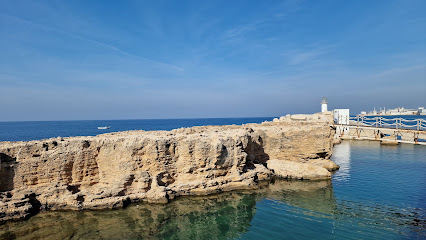
Mseilha Fort
Explore Mseilha Fort, a historic Lebanese fortress with panoramic views, rich history, and stunning architecture dating back to the 17th century.
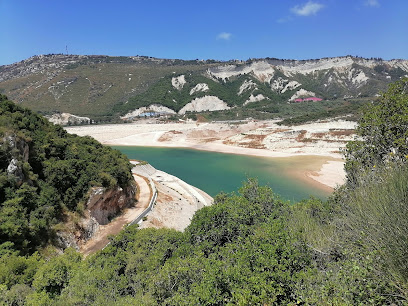
Blubay Beach Batroun
Experience the vibrant beach life of Batroun at Blubay, offering sun, sea, entertainment, and delicious cuisine on the Lebanese coast.
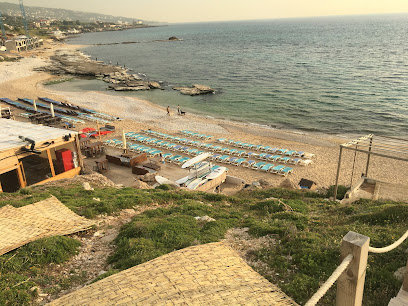
Nabu Museum
Explore ancient treasures and contemporary art at the Nabu Museum in Batroun, Lebanon, showcasing the region's rich cultural heritage and artistic evolution.
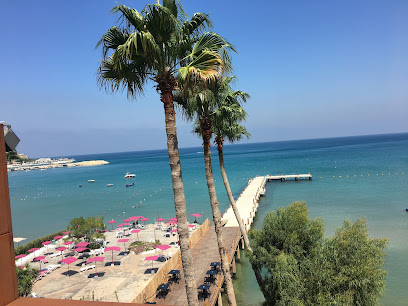
Joining Beach
Discover Joining Beach near Batroun, Lebanon: clear waters, scenic views, and a vibrant coastal escape for relaxation and recreation.
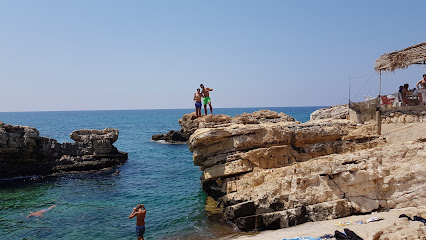
Saint Stephen Cathedral
Discover the architectural beauty and spiritual significance of Saint Stephen Cathedral, a landmark of faith in the heart of Batroun.
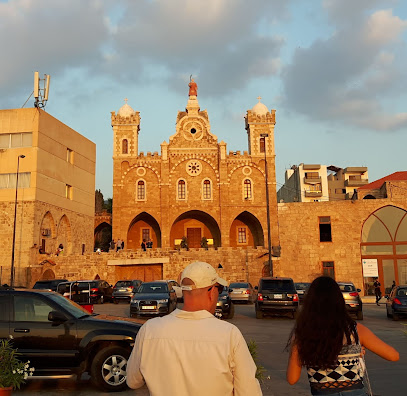
درب المسيلحة - Mseilha Walkway
Discover the breathtaking Mseilha Walkway in Batroun, Lebanon, for scenic views, rich history, and an unforgettable hiking experience.
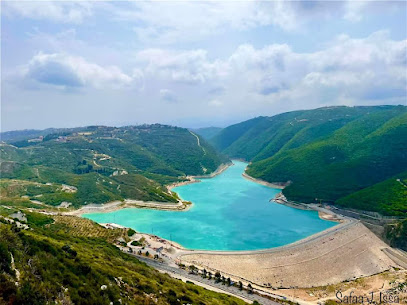
Bahsa Beach
Explore the tranquil Bahsa Beach in Jisr El Basha, a stunning Lebanese destination for sunbathing, swimming, and breathtaking sunset views.
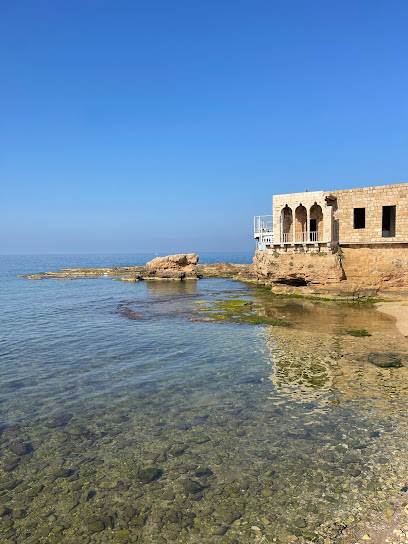
Seascape
Unwind at Seascape Beach in Batroun: Clear waters, sunny skies, and a relaxing Mediterranean vibe await!
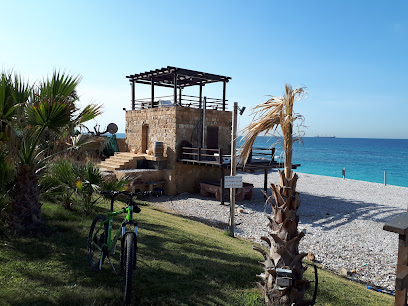
Lebanese Diaspora Village
Discover the heritage and stories of Lebanese communities worldwide at this cultural village in beautiful Batroun, Lebanon.
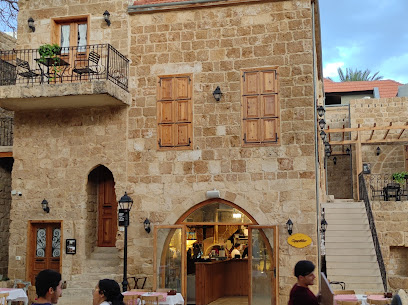
Port of Batroun
Explore the ancient Port of Batroun: a Phoenician harbor with stunning views, rich history, and delicious seafood dining.
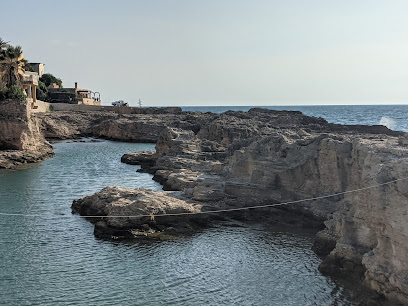
Bahsa Batroun Public Beach
Discover Bahsa Batroun Public Beach: a Lebanese coastal gem with clear waters, scenic views, and a taste of local culture in historic Batroun.
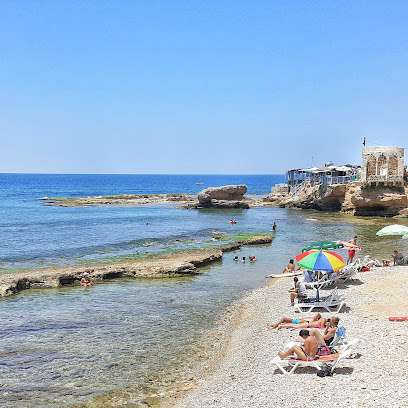
Phoenician wall
Explore the ancient Phoenician Wall in Batroun, a testament to Lebanon's maritime history and the ingenuity of the Phoenician civilization.
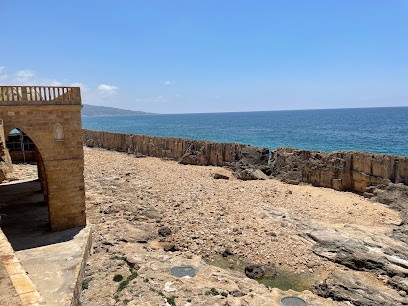
Maqaad el Meer (The Prince's Seat Rock)
Explore the historical charm of Maqaad el Meer in Batroun, a coastal city known for its ancient roots and vibrant Mediterranean culture.
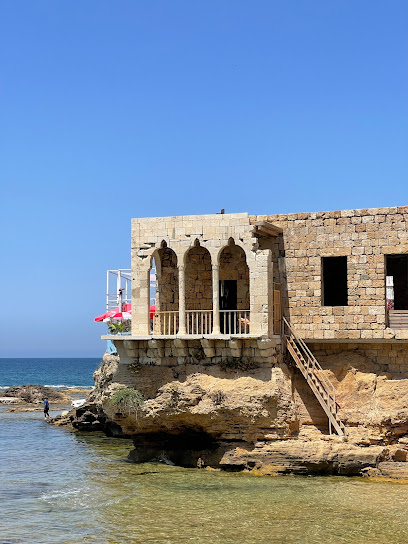
اسواق البترون القديمة
Discover the charm of Batroun's historic marketplace: Explore local crafts, savor Lebanese flavors, and experience the heart of this coastal gem.
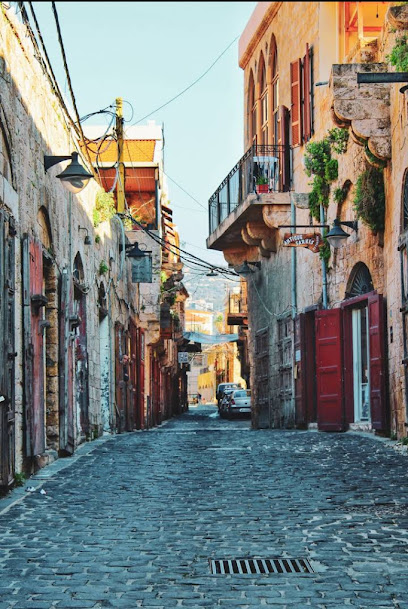
Unmissable attractions to see
Blubay Beach Batroun
Experience the vibrant atmosphere and stunning views at Blubay Beach Batroun, the perfect beach bar for relaxation and entertainment.
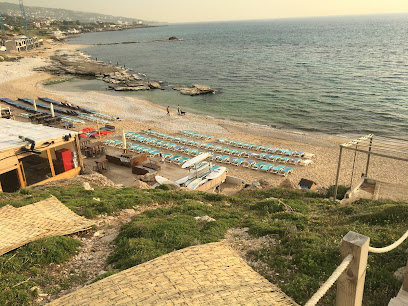
Kai Beach Batroun
Discover the serene beauty of Kai Beach Batroun - a perfect blend of relaxation and adventure on Lebanon's stunning coastline.
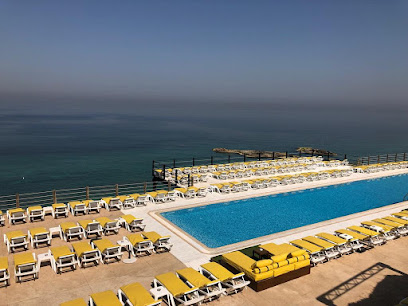
Joining Beach
Experience the beauty of Joining Beach in Lebanon, where golden sands and clear waters create the perfect coastal getaway for every traveler.
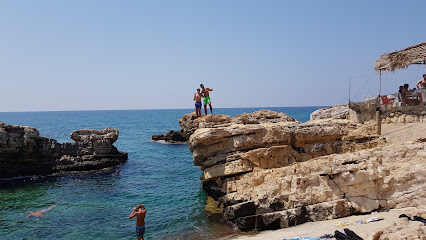
Colonel Reef Beach
Experience the beauty of Colonel Reef Beach in Batroun, where relaxation meets adventure along the stunning Lebanese coastline.
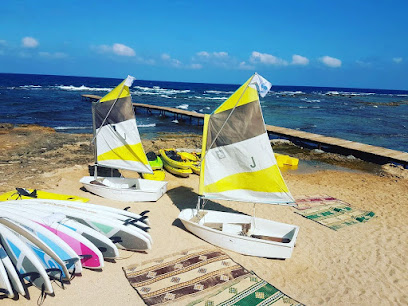
ProX Riding Club
Experience the thrill of ATV and snowmobile adventures at ProX Riding Club in Kfardebian, Lebanon. Perfect for all adventure seekers!
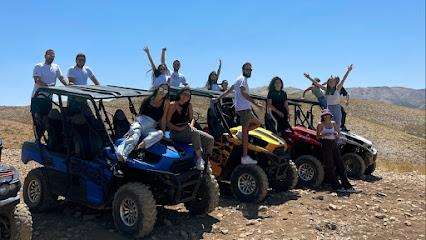
Dive The Med Club
Experience world-class SCUBA diving at Dive The Med Club in Batroun, where adventure and marine beauty await every enthusiast.
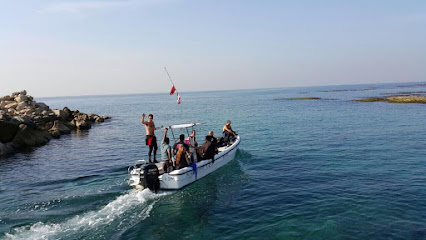
Lebanese Diaspora Village
Discover the vibrant history of the Lebanese Diaspora Village in Batroun, a tribute to the rich cultural heritage of Lebanese communities worldwide.
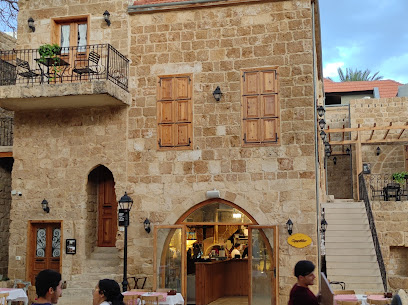
اسواق البترون القديمة
Discover the historic charm and vibrant culture of Batroun's ancient souks, where tradition meets the modern tourist experience.
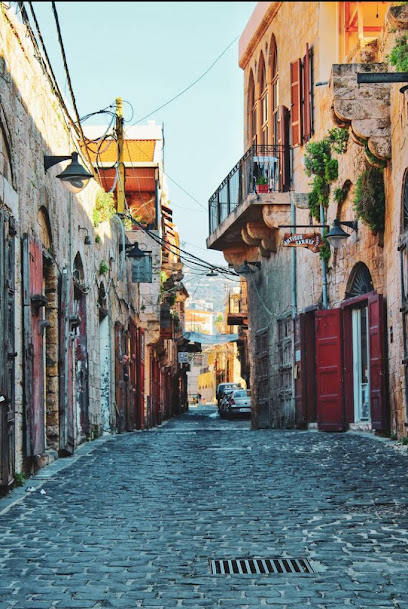
Essential places to dine
Pierre & Friends
Experience authentic Lebanese cuisine and stunning sea views at Pierre & Friends in Batroun.
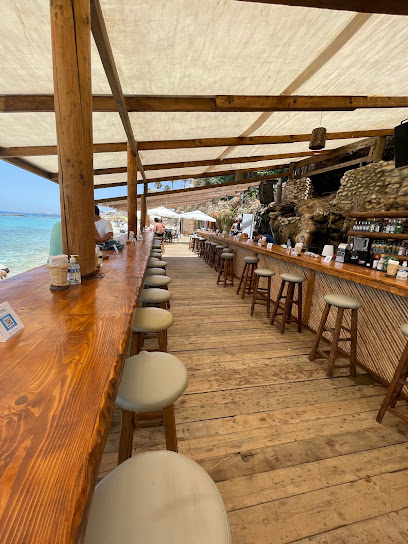
Abu Fadi's Fish Place
Experience authentic Lebanese seafood at Abu Fadi's Fish Place in Batroun – where every meal is a celebration of fresh flavors by the Mediterranean.
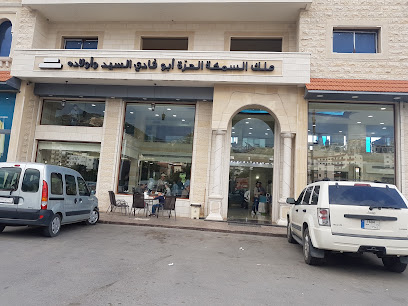
Crepaway Batroun
Discover Crepaway Batroun - A delightful diner offering delicious fast food with stunning views of Lebanon's Mediterranean coast.
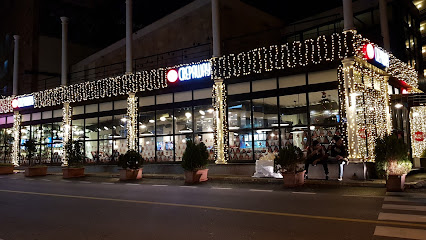
Bolero
Experience exquisite dining at Bolero in Batroun - where breathtaking views meet authentic Lebanese flavors.
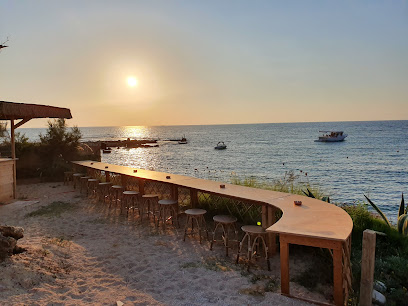
Appetito Trattoria Batroun
Discover Appetito Trattoria in Batroun for authentic Italian cuisine paired with stunning Mediterranean views.
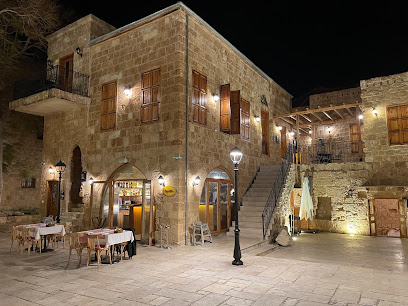
Batrouniyat
Discover the authentic flavors of Lebanon at Batrouniyat in scenic Batroun - where great food meets family fun.
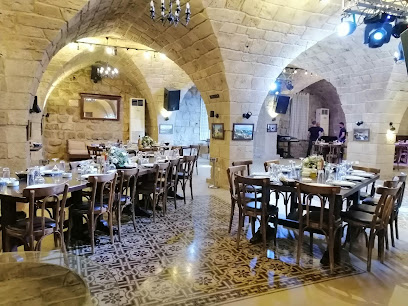
Ray Sur Mer - Restaurant
Discover Ray Sur Mer: A culinary haven in Batroun where fresh seafood meets stunning Mediterranean views.
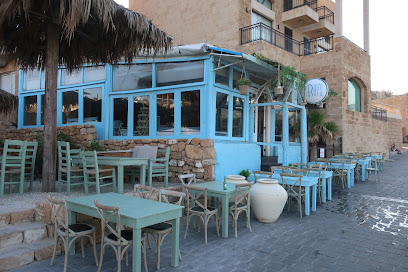
Bistr'eau
Discover Bistr'eau in Batroun: A premier destination for fresh seafood with breathtaking views of the Mediterranean coast.
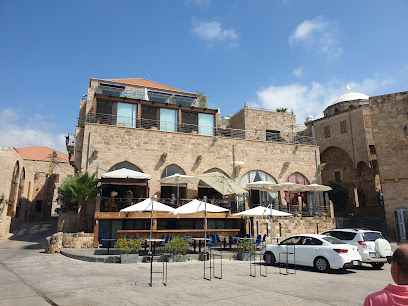
Roadster Diner
Discover delectable dishes and vibrant atmosphere at Roadster Diner in Batroun - a culinary hotspot blending local flavors with international delights.
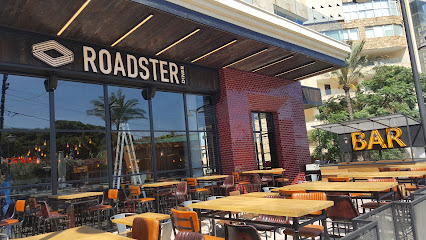
Chez Maguy
Experience exquisite seafood dining with breathtaking views at Chez Maguy in Batroun, where Lebanese flavors come alive.
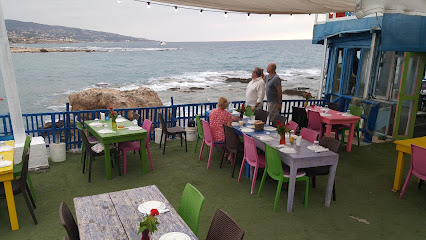
Le Marin
Discover authentic Lebanese cuisine at Le Marin in Batroun - where every dish tells a story of tradition and flavor.
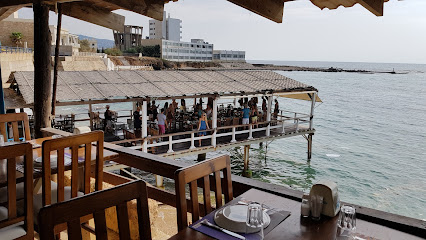
Oyster's Seafood Bar
Experience fresh seafood and stunning harbor views at Oyster's Seafood Bar in Batroun – an unforgettable dining adventure awaits.
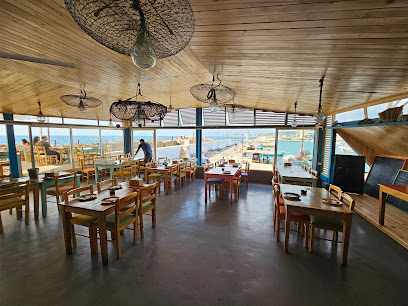
Pierre Y Amigos
Experience authentic Mexican cuisine at Pierre Y Amigos in Lebanon's beautiful seaside setting.
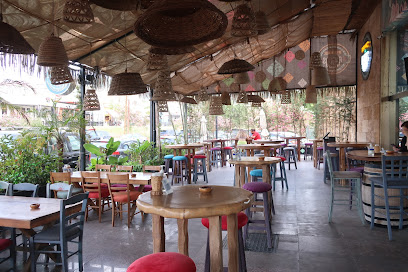
Bahsa by al Mandaloun
Discover Bahsa by al Mandaloun - where American flavors meet breathtaking views on Batroun's stunning beach.
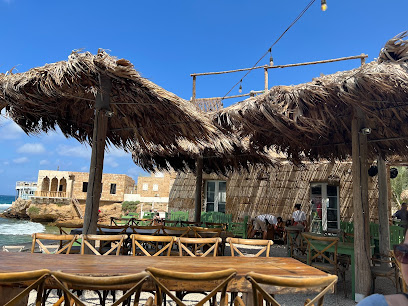
Mashrou3 Taiga
Discover the flavors of Lebanon at Mashrou3 Taiga, where fresh ingredients meet stunning seaside views in Batroun.
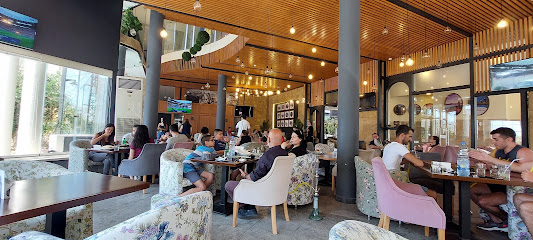
Markets, malls and hidden boutiques
Hilmi's House of Lemonade
Discover the refreshing taste of Batroun at Hilmi's House of Lemonade, where vibrant flavors meet a lively atmosphere in the heart of Lebanon.
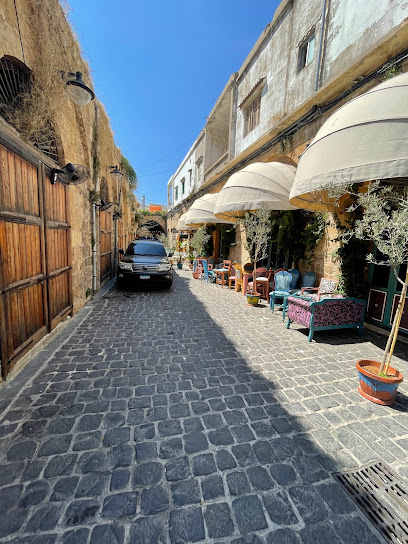
Khoury Shopping Center
Explore the Khoury Shopping Center in Batroun for an unparalleled shopping experience, featuring local delicacies and a wide variety of products.
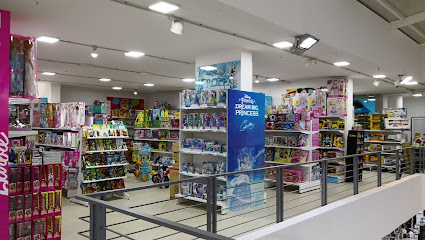
Le Charcutier (Batroun)
Experience the best of Lebanese culinary delights at Le Charcutier in Batroun, where local flavors meet exceptional quality.
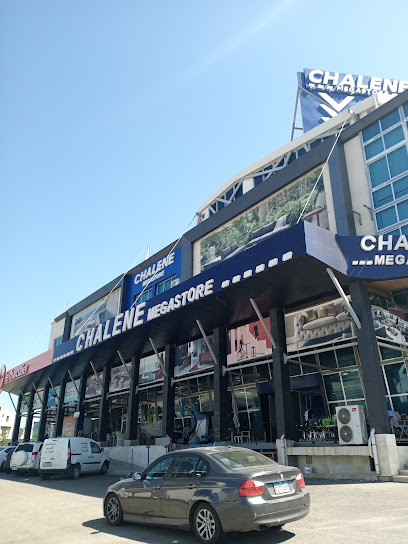
Boucherie Hokayem
Experience the best local ingredients at Boucherie Hokayem, a family-run grocery store offering fresh produce and artisanal goods in a welcoming atmosphere.
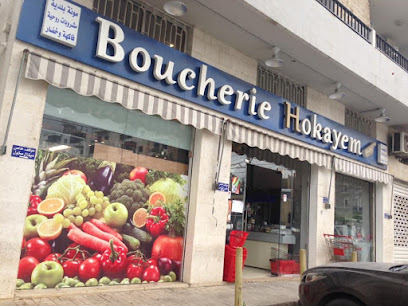
All brands
Explore the All Brands Shopping Mall in Batroun, where shopping meets culture, dining, and entertainment in a vibrant setting.
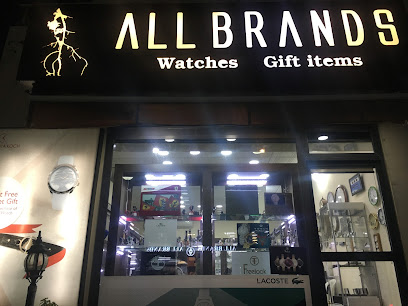
Nasas Premium Outlet.
Explore fashion at Nasas Premium Outlet in Batroun, where American styles meet quality clothing in a vibrant shopping experience.
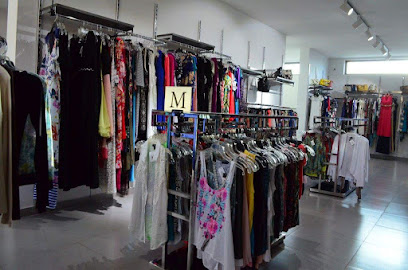
Jewellery khoury
Discover exquisite craftsmanship at Jewellery Khoury in Batroun, where every piece embodies Lebanon's rich jewelry heritage.
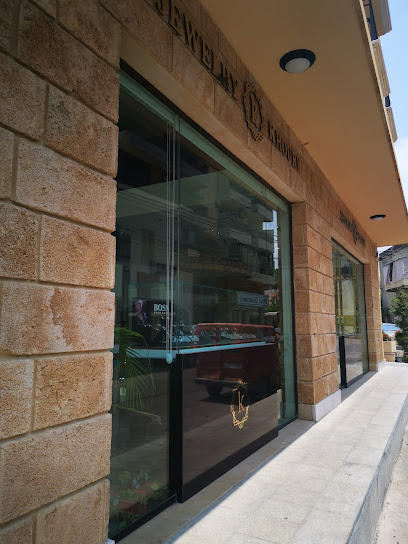
Lea-Ly Jewellery
Explore the artistry of Lebanese craftsmanship at Lea-Ly Jewellery in Batroun, where unique jewelry and gifts await every visitor.
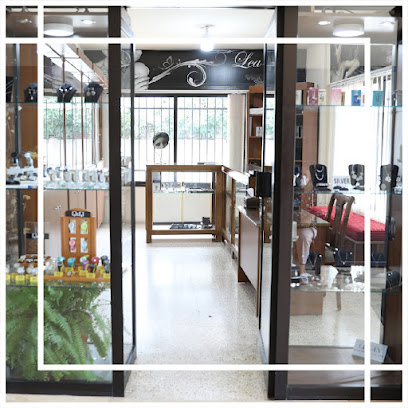
Tres Bien
Discover Tres Bien in Batroun: A chic clothing store offering unique styles that blend modern fashion with local artistry.
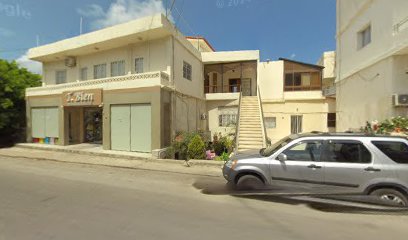
Khan al saboun batroun
Explore the enchanting Khan al Saboun in Batroun, where artisanal cosmetics reflect the rich Lebanese heritage and natural beauty.
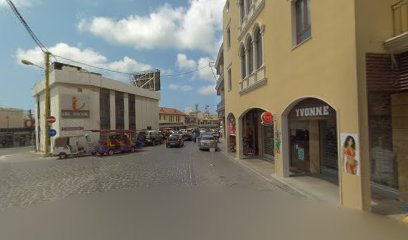
Trivo
Explore Trivo in Batroun for the latest trends in streetwear, featuring stylish oversized shirts and unique local fashion.
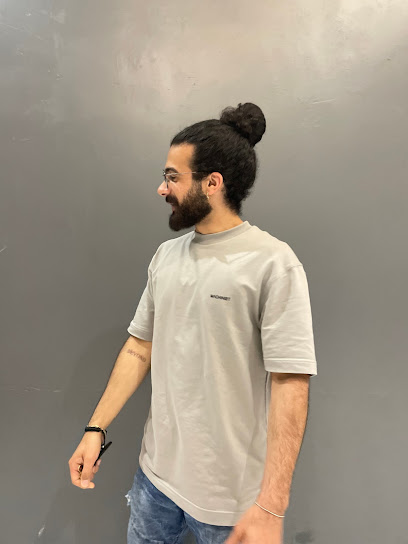
Louisa Bassil - Haute Couture
Experience luxury and personalized service at Louisa Bassil, the premier haute couture fashion house in Batroun.
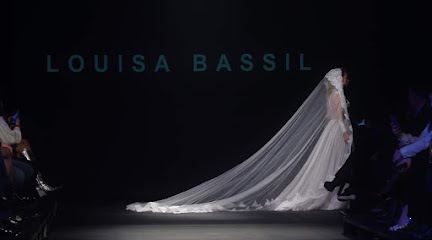
Atelier Bonheur
Explore Atelier Bonheur, a charming gift shop in Batroun's historic souks, offering unique handcrafted treasures and a taste of Lebanese culture.
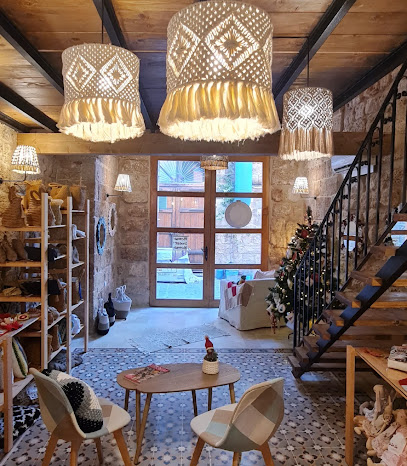
Boutique Sabina
Explore Boutique Sabina in Batroun for a unique shopping experience featuring local fashion and charming ambiance.
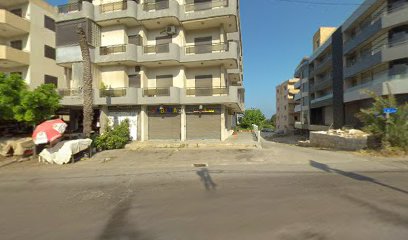
Litchi - Clothing Shop
Explore the vibrant fashion at Litchi, a stylish clothing shop along the stunning Sea Side Rd, offering unique and trendy apparel for every taste.
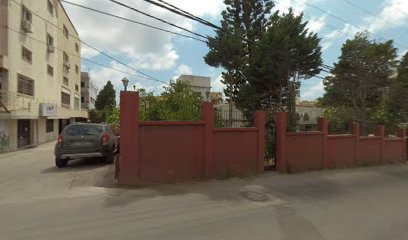
Essential bars & hidden hideouts
Blubay Beach Batroun
Discover Blubay Beach Batroun, a vibrant bar and beach destination perfect for relaxation and fun under the Mediterranean sun.
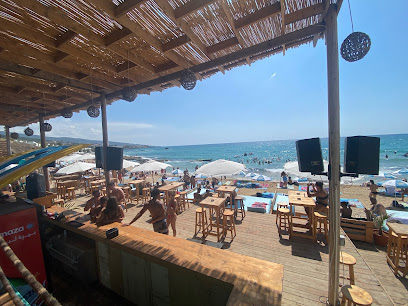
Titans Batroun
Discover Titans Batroun – a vibrant lounge on Bahsa Street, perfect for sunsets, cocktails, and unforgettable nights in Lebanon.
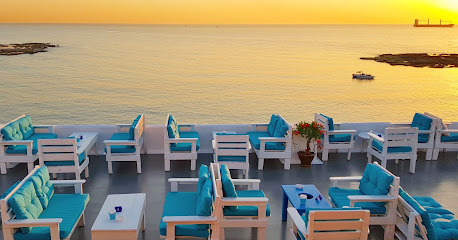
Colonel Reef Beach
Experience the perfect blend of relaxation and adventure at Colonel Reef Beach in Batroun, where sun, sea, and local brews await.
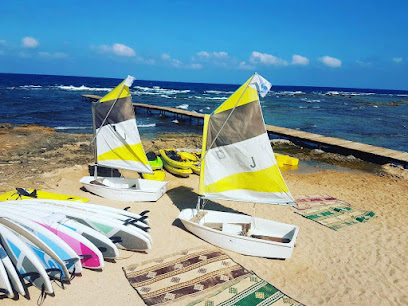
Lamella.lb
Discover the best cocktails and vibrant nightlife at Lamella.lb, the top bar in Batroun, Lebanon, where ambiance meets flavor.
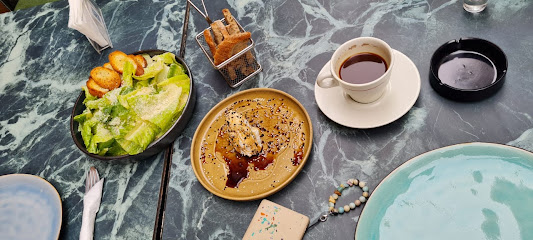
Île Beach Bar
Experience the vibrant atmosphere and refreshing cocktails at Île Beach Bar, your perfect seaside escape in San Stephano Resort.
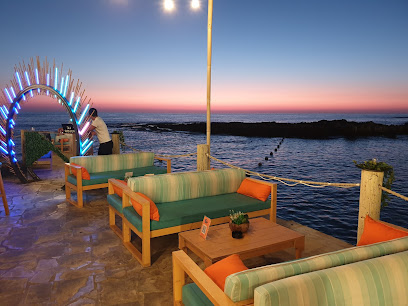
Bar del Mar by Palms
Experience the essence of Lebanese coastal cuisine at Bar del Mar by Palms, where stunning sea views and delicious seafood await your arrival.
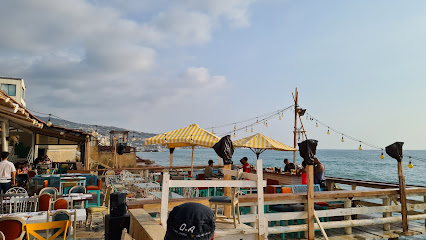
Old Cheers Batroun
Experience the vibrant nightlife of Batroun at Old Cheers, where great drinks and lively music create unforgettable memories.
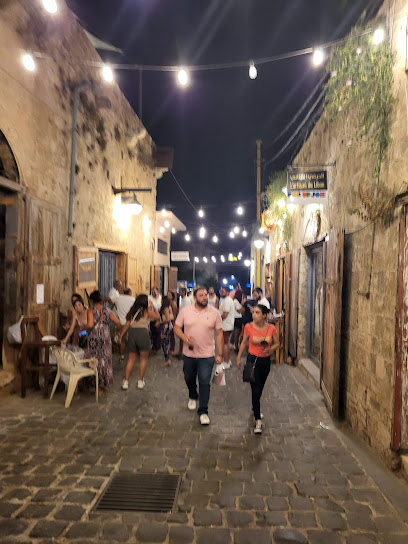
Figo's
Experience the magic of mixology at Figo's, a premier cocktail bar in Batroun Souk, where every sip tells a story.
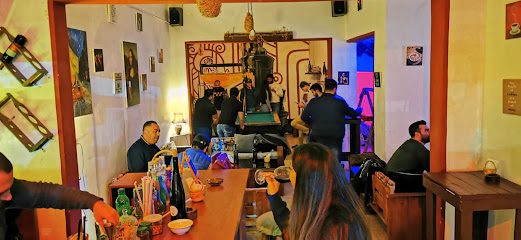
Cheers Cousin Mike
Discover Cheers Cousin Mike in Batroun – a vibrant pub offering a delightful mix of local charm, drinks, and unforgettable nightlife experiences.
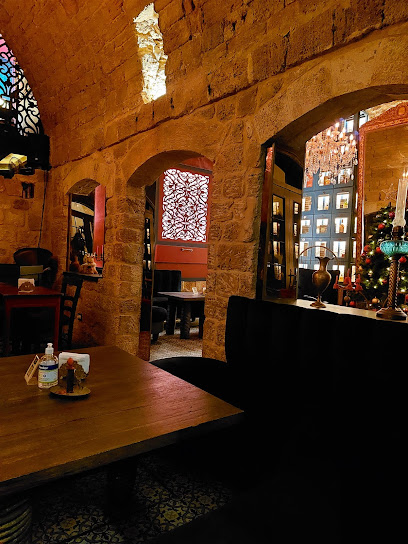
Taco Club the Beach Bar
Experience the best tacos in Lebanon at Taco Club the Beach Bar, a beautiful spot by Batroun harbor offering stunning Mediterranean views.
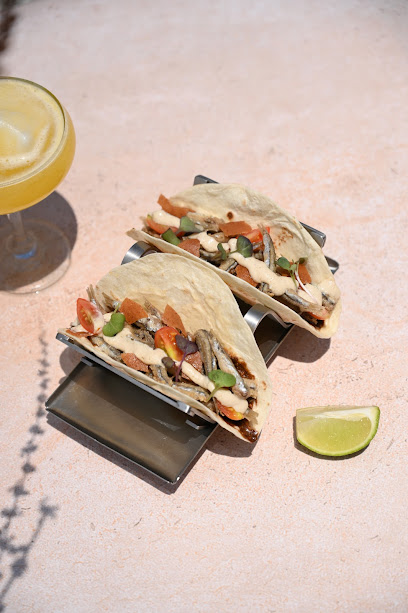
Agave - Tequila Bar
Discover Agave, Batroun's premier tequila bar, blending vibrant nightlife with handcrafted cocktails and a welcoming atmosphere.
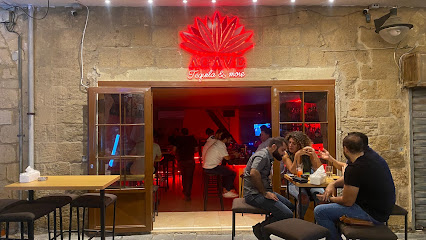
Moubs Bar
Experience the vibrant nightlife of Batroun at Moubs Bar, known for its innovative cocktails and stunning coastal views.
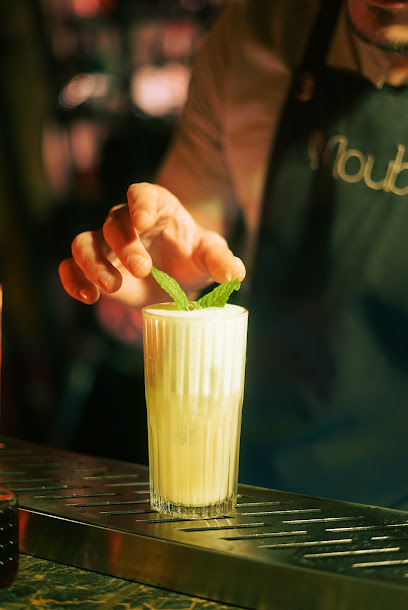
Bravo Bravo Beach Bar
Enjoy vibrant cocktails and stunning seaside views at Bravo Bravo Beach Bar in Batroun, the perfect destination for relaxation and fun.
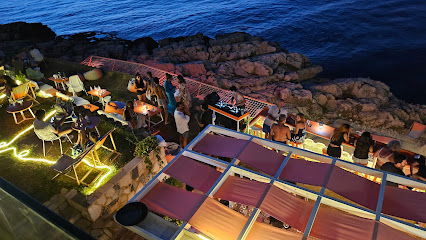
The malt gallery
Discover the lively atmosphere of The Malt Gallery, Batroun's premier bar for local drinks and unforgettable nights out.
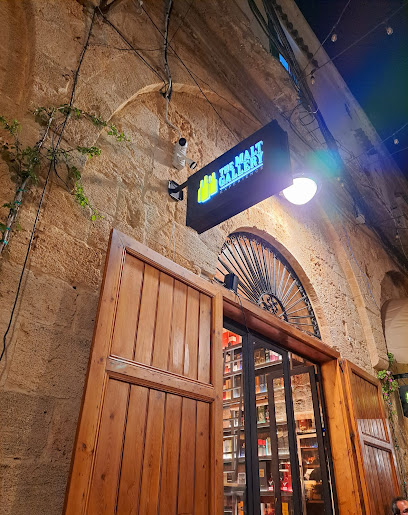
Local Phrases about Batroun Coast
-
- Helloمرحبا
[Marhaba] - Goodbyeوداعا
[Wadaan] - Yesنعم
[Naam] - Noلا
[La] - Please/You're welcomeمن فضلك/على الرحب والسعة
[Min fadlik/Ala al-rahb was-sa'ah] - Thank youشكرا
[Shukran] - Excuse me/Sorryعذرا
[A'zra] - How are you?كيف حالك؟
[Kayfa halak?] - Fine. And you?بخير. وأنت؟
[Bikhair. Wa anta?] - Do you speak English?هل تتكلم الإنجليزية؟
[Hal tatakallam al-inglizia?] - I don't understandأنا لا أفهم
[Ana la afham]
- Helloمرحبا
-
- I'd like to see the menu, pleaseأرغب في رؤية القائمة، من فضلك
[Arghab fi ru'ya al-qaimah, min fadlik] - I don't eat meatأنا لا آكل اللحم
[Ana la akl al-lahm] - Cheers!في صحتك!
[Fi sahtak] - I would like to pay, pleaseأرغب في الدفع، من فضلك
[Arghab fi al-daf', min fadlik]
- I'd like to see the menu, pleaseأرغب في رؤية القائمة، من فضلك
-
- Help!النجدة!
[An-najdah!] - Go away!انصرف!
[Insarif!] - Call the Police!اتصل بالشرطة!
[Itsal bish-shurta!] - Call a doctor!اتصل بطبيب!
[Itsal bit-tabiib!] - I'm lostلقد ضللت الطريق
[Lakad dalalt at-tariiq] - I'm illأنا مريض
[Ana mareed]
- Help!النجدة!
-
- I'd like to buy...أرغب في شراء...
[Arghab fi shira...] - I'm just lookingأنا فقط أتطلع
[Ana faqat atatallaa] - How much is it?كم سعره؟
[Kam sa'ruh?] - That's too expensiveهذا غالي جدا
[Hatha ghali jiddan] - Can you lower the price?هل يمكنك تخفيض السعر؟
[Hal yumkinuk takhfid al-sa'ruh?]
- I'd like to buy...أرغب في شراء...
-
- What time is it?كم الساعة؟
[Kam as-sa'ah?] - It's one o'clockالساعة الواحدة
[As-sa'ah al-wahidah] - Half past (10)نصف العاشرة
[Nisf al-aashirah] - Morningالصباح
[As-sabah] - Afternoonالمساء
[Al-masa'] - Eveningالمساء
[Al-masa'] - Yesterdayالأمس
[Al-ams] - Todayاليوم
[Al-yawm] - Tomorrowغدا
[Ghadan] - 1واحد
[Wahid] - 2إثنان
[Ithnayn] - 3ثلاثة
[Thalatha] - 4أربعة
[Arba'ah] - 5خمسة
[Khamsah] - 6ستة
[Sitah] - 7سبعة
[Sab'ah] - 8ثمانية
[Thamania] - 9تسعة
[Tis'ah] - 10عشرة
[Asharah]
- What time is it?كم الساعة؟
-
- Where's a/the...?أين الـ...
[Ayna al-...] - What's the address?ما هو العنوان؟
[Ma huwa al-'unwan?] - Can you show me (on the map)?هل يمكنك أن تريني (على الخريطة)؟
[Hal yumkinuk an tarini (ala al-khariitah)?] - When's the next (bus)?متى الحافلة القادمة؟
[Mata al-hafilah al-qadimah?] - A ticket (to ....)تذكرة (إلى ...)
[Tadhkirah (ila ...)]
- Where's a/the...?أين الـ...
History of Batroun Coast
-
Batroun is one of the oldest cities in the world, believed to have been founded by the Phoenicians around the 5th century BC. The Phoenicians, known for their maritime prowess, established Batroun as a significant trading port. Evidence of their presence can be seen in the ancient sea walls, believed to have been constructed to protect the city from the sea.
-
During the Crusades, Batroun was an important stronghold. The Crusaders built the Church of St. Stephen, which still stands today as a testament to their architectural skills and religious fervor. The city served as a pivotal point in the defense against Muslim forces, and its strategic location made it a key asset in the Crusader states.
-
Batroun came under Ottoman rule in the 16th century and remained so until the end of World War I. During this period, Batroun experienced significant development in terms of infrastructure and urban planning. The Ottoman influence is visible in the architecture of several buildings, including the Maronite churches and traditional houses with their red-tiled roofs.
-
After World War I, Batroun came under the French Mandate, leading to further modernization. The French influence can be seen in the city's schools, administrative buildings, and urban design. Batroun's port continued to be a vital economic hub, boosting trade and cultural exchange between Lebanon and Europe.
-
Batroun is not just a historical site but also a vibrant cultural hub. The city hosts several annual festivals that celebrate its rich history and diverse culture. The Batroun International Festival, held every summer, features music, art, and culinary events that attract visitors from around the world. The city's narrow streets and historic buildings provide a picturesque backdrop for these festivities.
-
Batroun is also known for its wine-making tradition, which dates back to the Phoenician era. The region's climate and fertile soil make it ideal for vineyards. Modern-day Batroun boasts several wineries that produce high-quality wines, reflecting a blend of ancient techniques and contemporary practices. Wine tours and tastings have become a popular attraction for visitors.
Batroun Coast Essentials
-
Batroun Coast is located in northern Lebanon, approximately 50 kilometers north of Beirut. The nearest international airport is Beirut-Rafic Hariri International Airport (BEY). From the airport, you can take a taxi or arrange a private transfer to Batroun, which typically takes around an hour via the coastal highway. Alternatively, you can rent a car at the airport for more flexibility during your stay.
-
Within Batroun, you can easily navigate the town on foot, as many attractions and amenities are within walking distance. For longer trips or to explore nearby areas, taxis are readily available and relatively affordable. Buses and minibuses (known locally as 'service') connect Batroun with other cities like Beirut and Tripoli. Renting a car is also a viable option if you plan to explore the countryside and neighboring towns at your own pace.
-
The official currency in Lebanon is the Lebanese Pound (LBP), but US Dollars (USD) are widely accepted. Credit cards are commonly used in hotels, restaurants, and larger shops, but it is advisable to carry cash, especially for smaller establishments and markets. ATMs are available throughout Batroun, and you can withdraw both LBP and USD.
-
Batroun is generally considered a safe destination for tourists. However, as with any travel destination, it is important to stay vigilant and take standard precautions. Avoid walking alone at night in unfamiliar areas and keep an eye on your belongings in crowded places. While Batroun does not have specific high-crime areas targeting tourists, it is always best to stay aware of your surroundings.
-
In case of emergency, dial 112 for immediate assistance. Batroun has a local police station and medical facilities to handle emergencies. It is highly recommended to have travel insurance that covers medical emergencies. For minor health issues, there are several pharmacies in town where you can purchase over-the-counter medications.
-
Fashion: Do dress modestly, especially when visiting religious sites. Avoid wearing overly revealing clothing. Religion: Do respect local customs and traditions. When visiting churches, cover your head and dress conservatively. Public Transport: Do be respectful and give up your seat to elderly passengers. Don't eat or drink on public transport. Greetings: Do greet people with a handshake or a friendly nod. Eating & Drinking: Do try local delicacies and accept food offerings graciously. Don't refuse hospitality, as it is considered impolite.
-
To experience Batroun like a local, visit the local souks (markets) where you can buy fresh produce and traditional Lebanese goods. Engage with locals, as they are often friendly and willing to share stories about the town's history and culture. Don't miss visiting the ancient Phoenician wall and the historic St. Stephen's Cathedral. For a unique experience, try windsurfing or paddleboarding along the Batroun coast.
Trending Landmarks in Batroun Coast
Nearby Cities to Batroun Coast
-
Things To Do in Byblos
-
Things To Do in Jounieh
-
Things To Do in Bcharre
-
Things To Do in Broummana
-
Things To Do in Beirut
-
Things To Do in Aley
-
Things To Do in Zahle
-
Things To Do in Baalbek
-
Things To Do in Deir el Qamar
-
Things To Do in Anjar
-
Things To Do in Sidon
-
Things To Do in Rashaya
-
Things To Do in Marjayoun
-
Things To Do in Tyre
-
Things To Do in Rosh HaNikra












